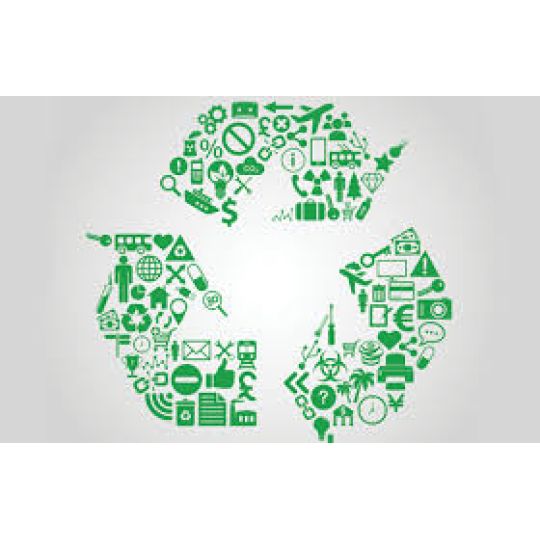How to dispose of hazardous waste
Hazardous waste can be a natural product of working within the construction or manufacturing sector, so being informed on hazardous waste and how to dispose of it is paramount.
In this article, you can learn what is considered hazardous waste and how you can properly dispose of it.
What can be considered hazardous waste?
Hazardous can be generalised as materials that can harm humans or the environment. There is a large list of items that can be classified as hazardous, here are some of the items that can be considered hazardous:
Asbestos
Batteries
Solvents
Pesticides
Oils, such as car oil
Equipment containing ozone-depleting substances
Hazardous waste containers
More about hazardous waste
As we have mentioned previously, hazardous waste is a generally broad term that can cover a large range of by-products that can be harmful to people and the environment. Looking at the list of items above, you could believe that many household items could be considered hazardous waste, but if these items are used to their specific instructions, then they’re considered normal waste that can be disposed of in a general dustbin.
Why hazardous waste disposal is important to your business
Disposing of hazardous waste is important to businesses because it has to be treated correctly. The way you store, transport and dispose of waste as an individual or business needs to follow government regulations, or you could receive fines, prosecution or even potential jail time.
There are many regulations businesses have to consider when handling hazardous waste, these include The Environmental Protection Act 1990 which mainly covers contamination and pollution of the environment. This Act goes over everyone’s duty of care when it comes to dealing with waste efficiently. This act also gives power to local governments and authorities to deal with mismanaged waste disposal.
A regulation that business owners need to be aware of is The Hazardous Waste Regulations 2005. Only in operation in England and Wales, this legislation covers the controlling and tracking of hazardous waste and how businesses have the responsibility to store and regulate it accordingly.
Businesses now need to keep records of hazardous waste for up to three years
Can hazardous waste be recycled?
Yes, hazardous waste can be recycled, but you must follow the rules and regulations that the government, as well as local government, have set up.
Here at Ron Hull, all contracts that are carried out conform to the strict auditing protocols and procedures and all paper trails are provided, to ensure that the client is left with all the documentation needed in case of enquiry.
Having been around for over 30 years, we can ensure that all procedures and regulations are followed accordingly.
Disposing Hazardous Waste
Check that your waste is hazardous
Before you look to dispose of your hazardous waste, you will first need to identify what type of hazardous waste it is. Without getting your waste classified the waste collector will not know what they are dealing with and will not be able to take the rubish away.
Here at Ron Hull, we can also sample your hazardous waste to ensure that all classifications and regulations are met. All our outlets have full Waste Management Licences, including Waste Management Exemptions for handling recyclable waste.
Store hazardous waste safely
Once you have identified your hazardous waste, you will then need to separate and store it safely.
You will need to find a secure place to store your hazardous waste and ensure that all items and containers are secure and labelled. You should also look to use waterproof covers and lids to stop leakage.
Contact a hazardous waste collector
You can then contact a hazardous waste collector to come and dispose of your waste. Even though the waste has left your premise, you are still responsible for it, so make sure that your waste collector is registered and has the correct certificates for the task at hand.
The Ron Hull Group’s Company Ethos of a ‘Cradle to Grave’ service means we can offer a total waste management solution to all waste streams the Client may have. Contact us today.
Keep a record of all hazardous waste produced or stored within the business
As we have already mentioned, even after the waste has been disposed of correctly, you will still need to keep record of all hazardous waste removed for at least up to three years. If your business does not comply with this rule, there could be potential fines and repercussions.

